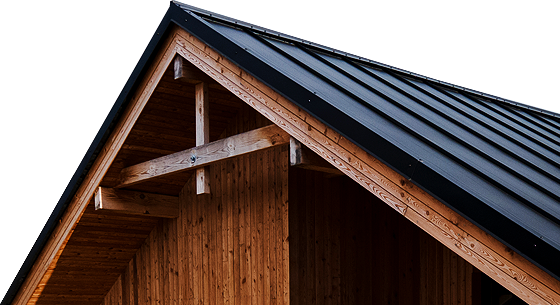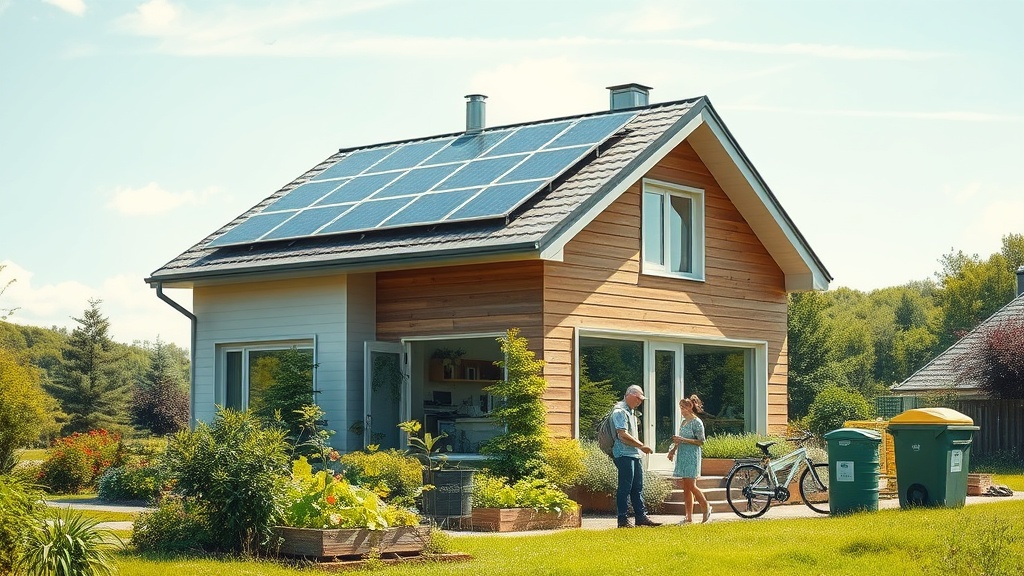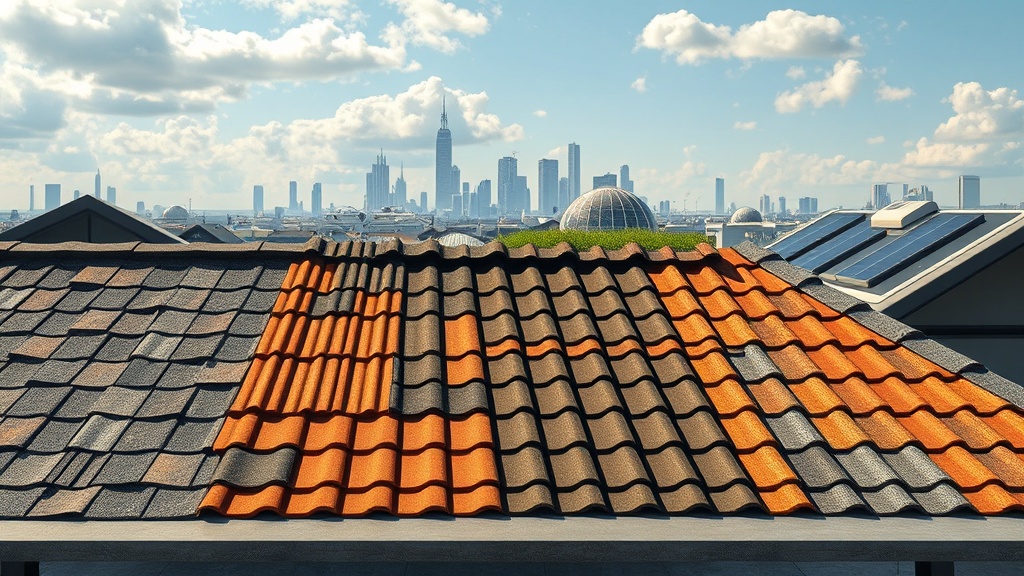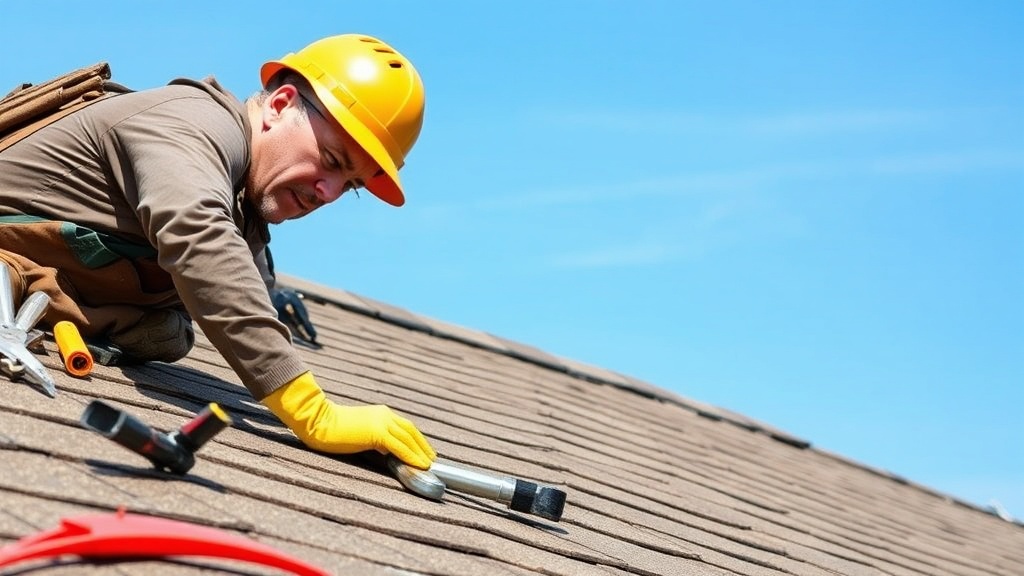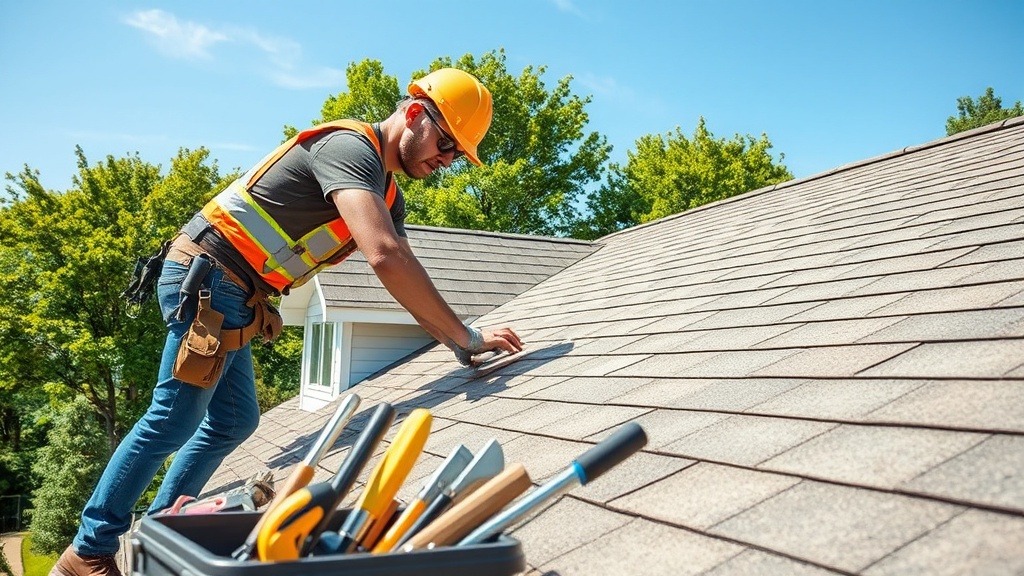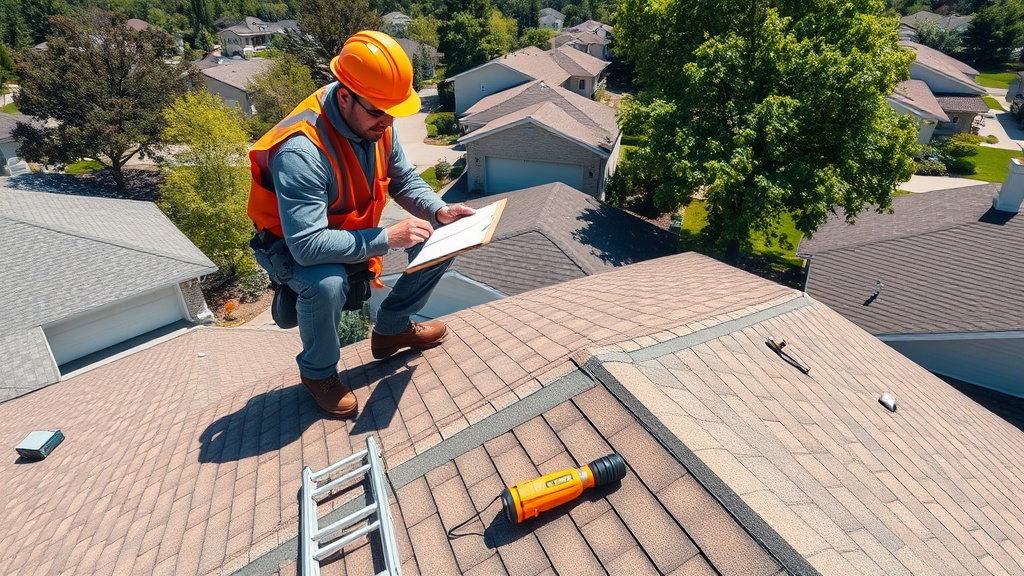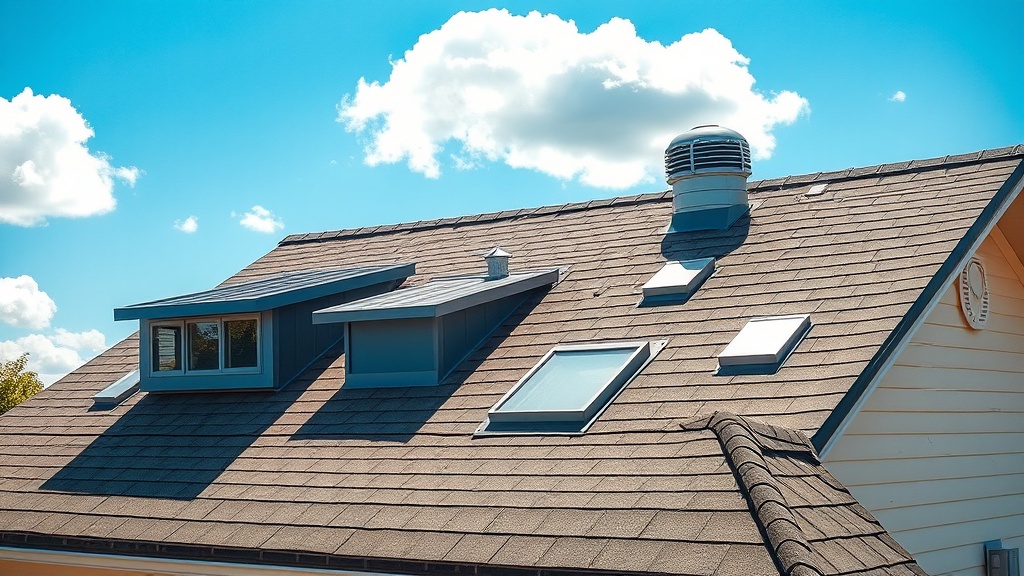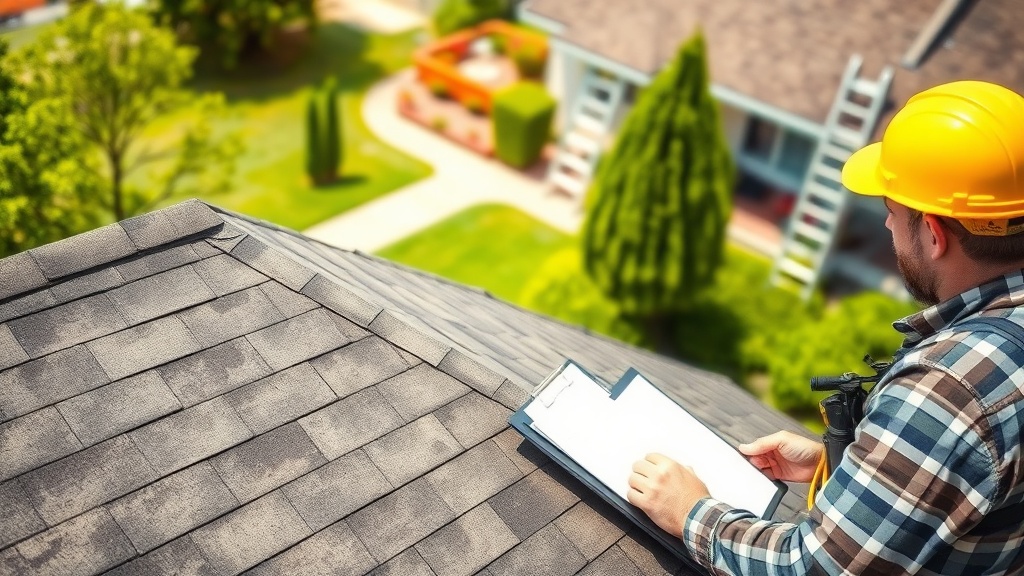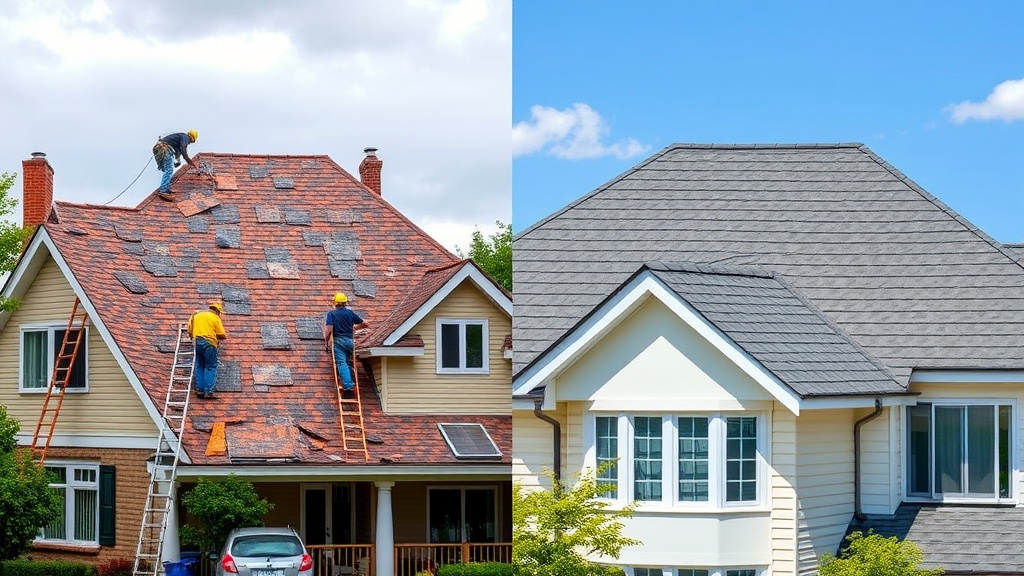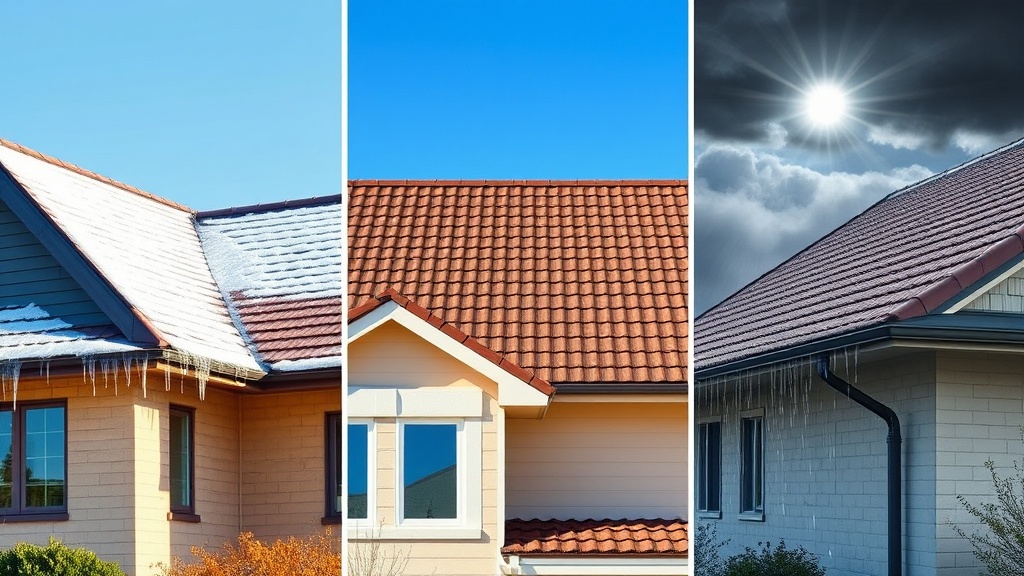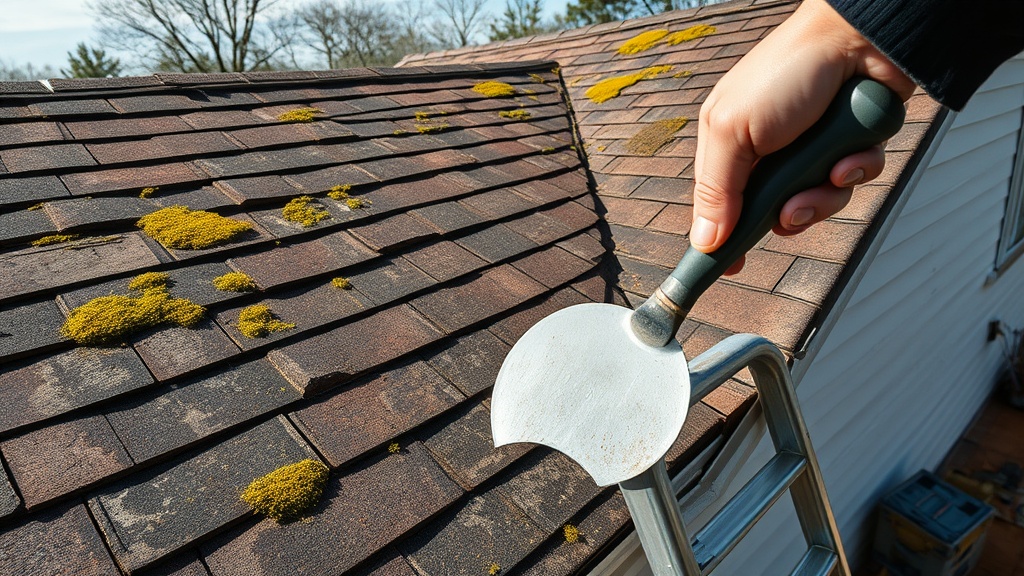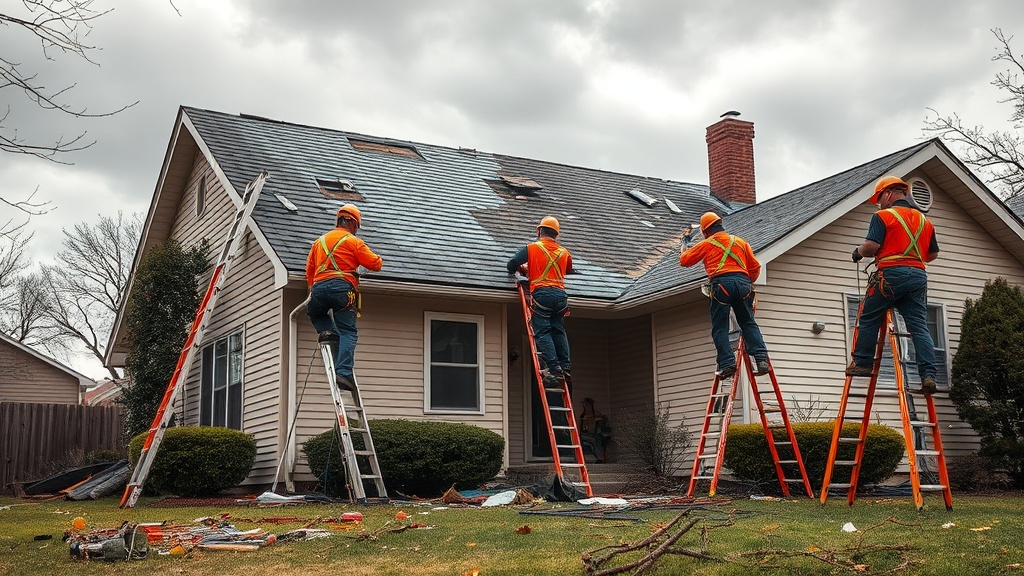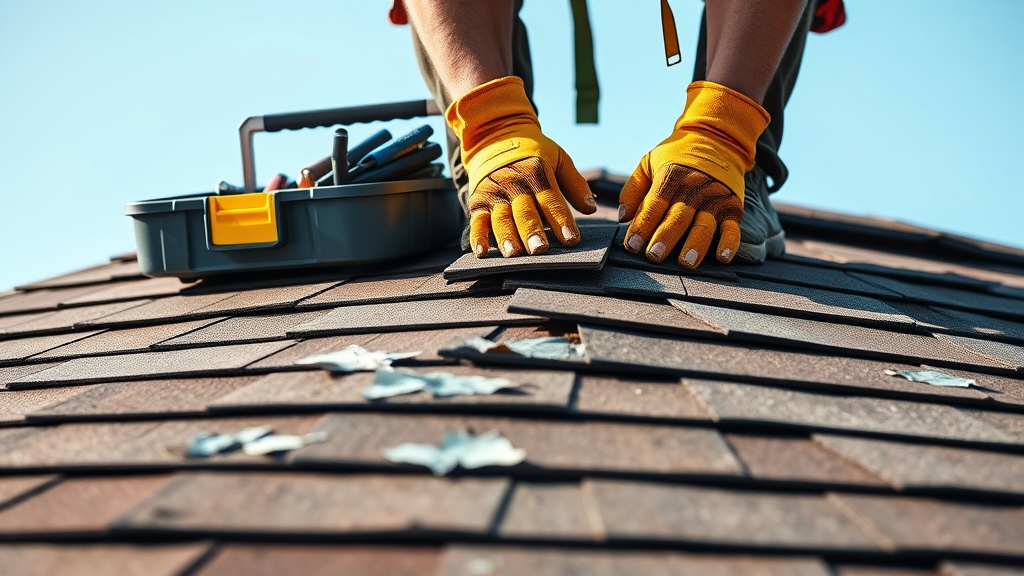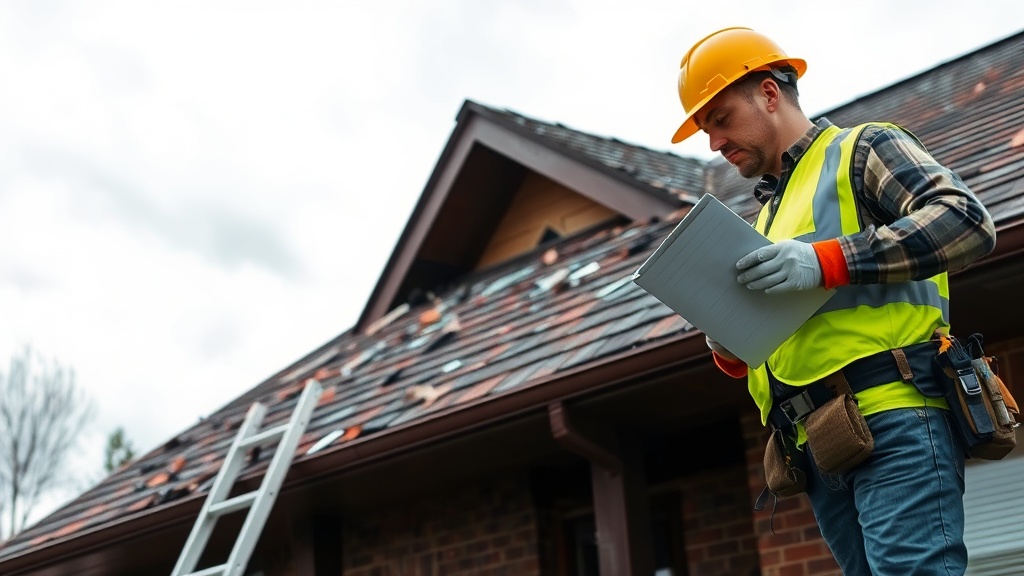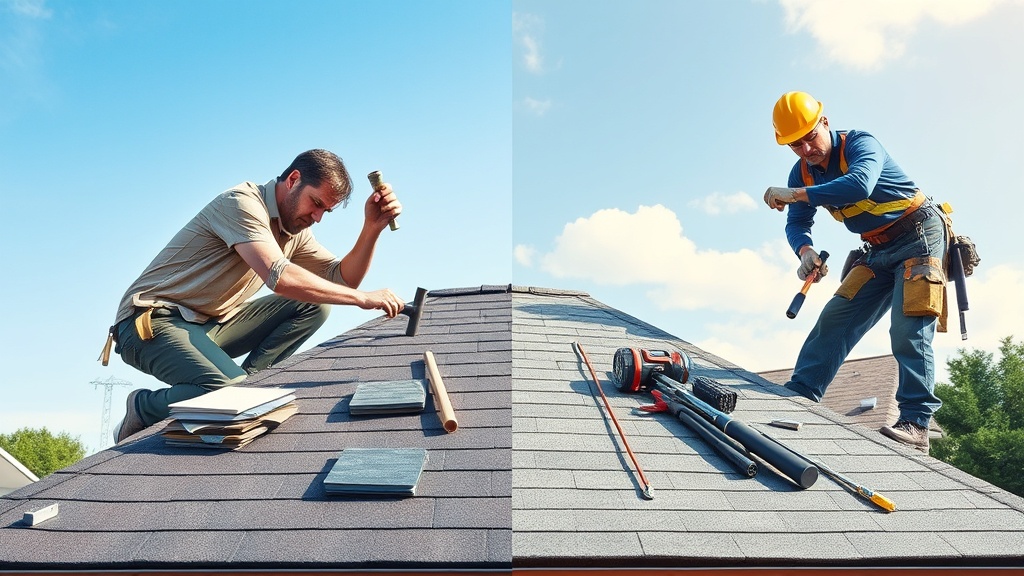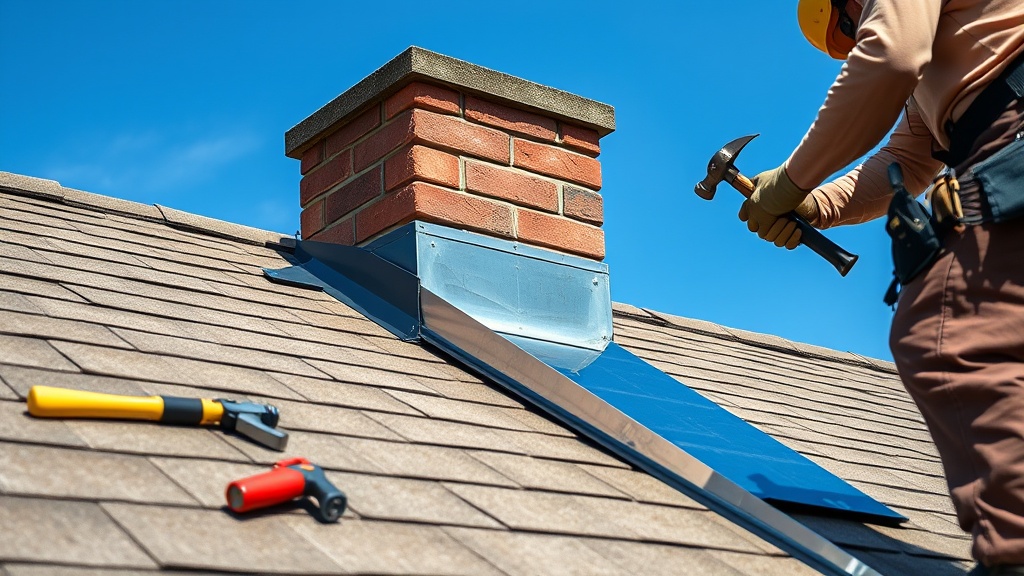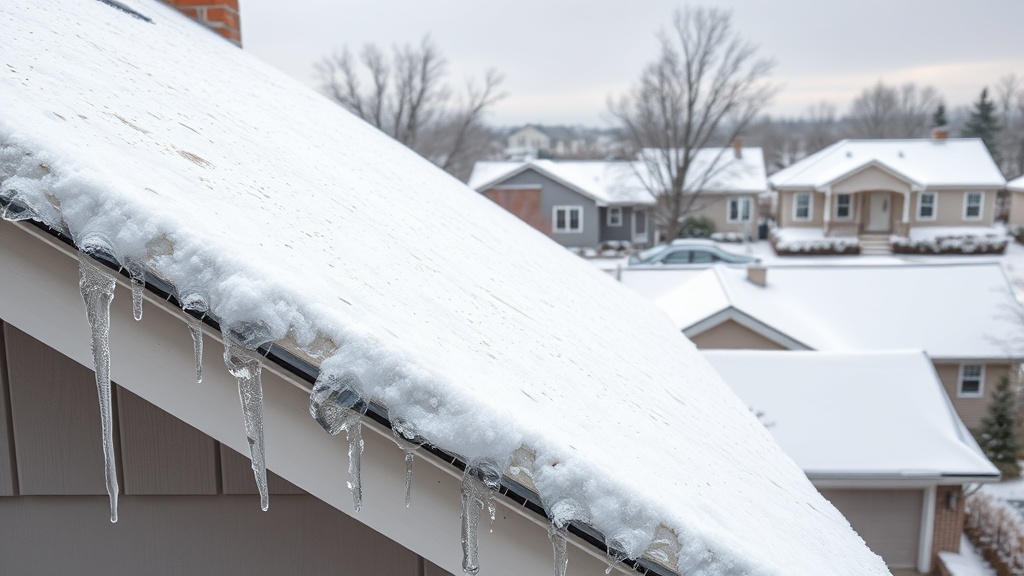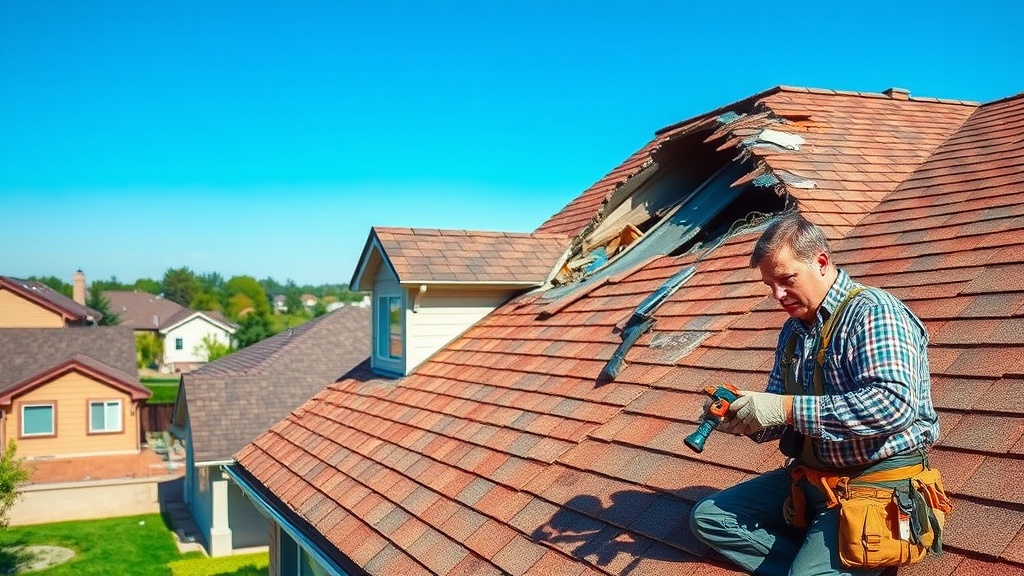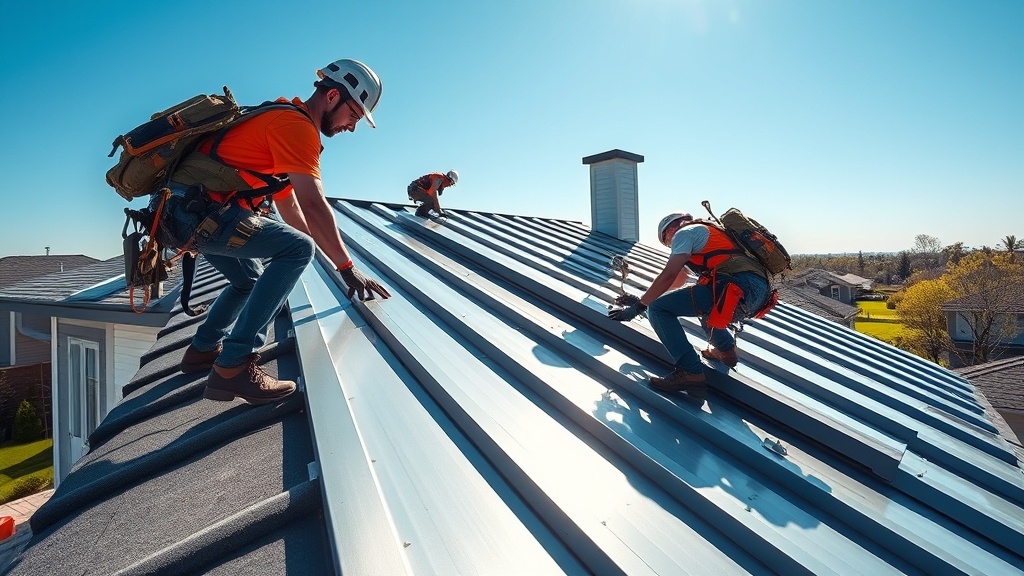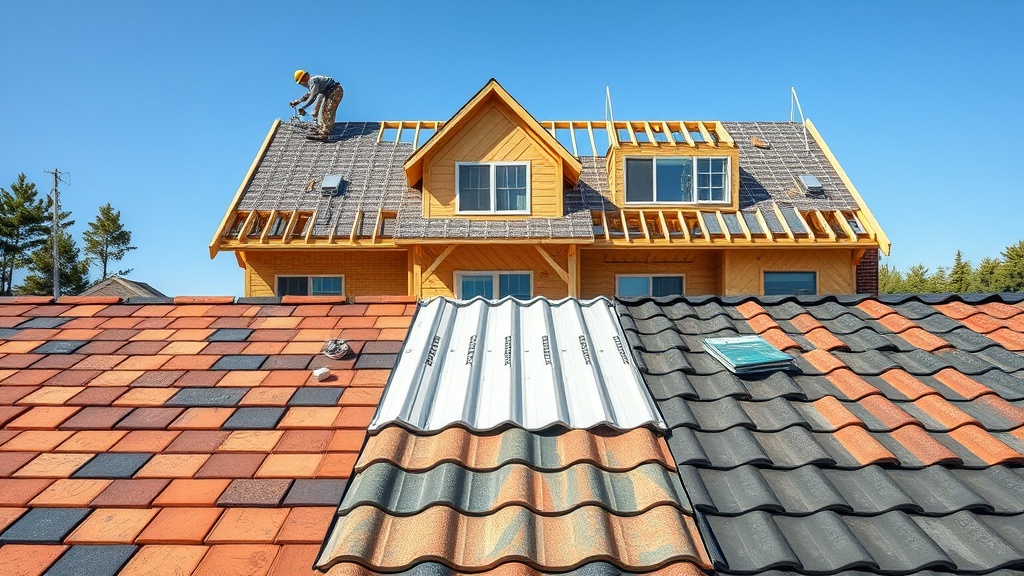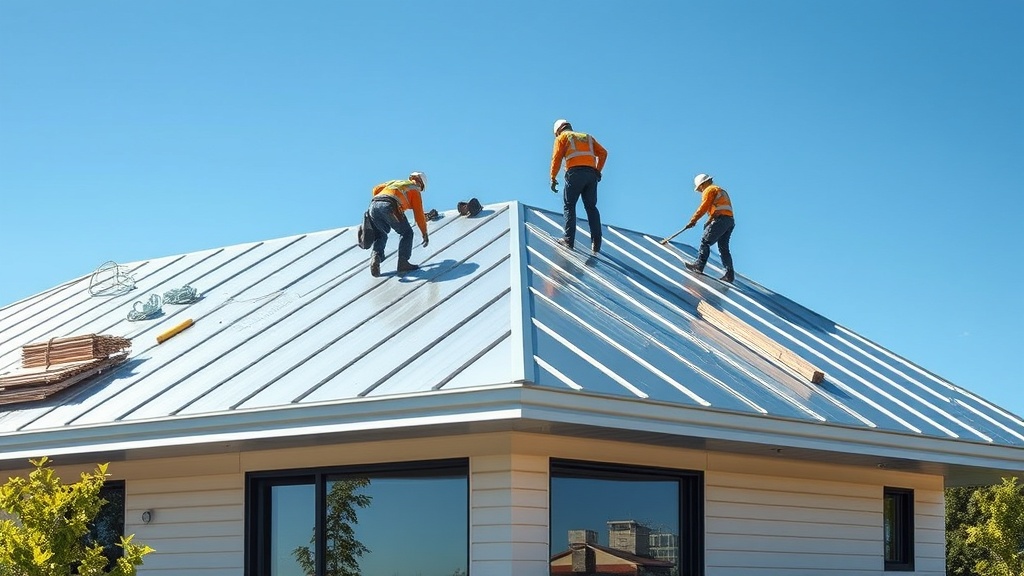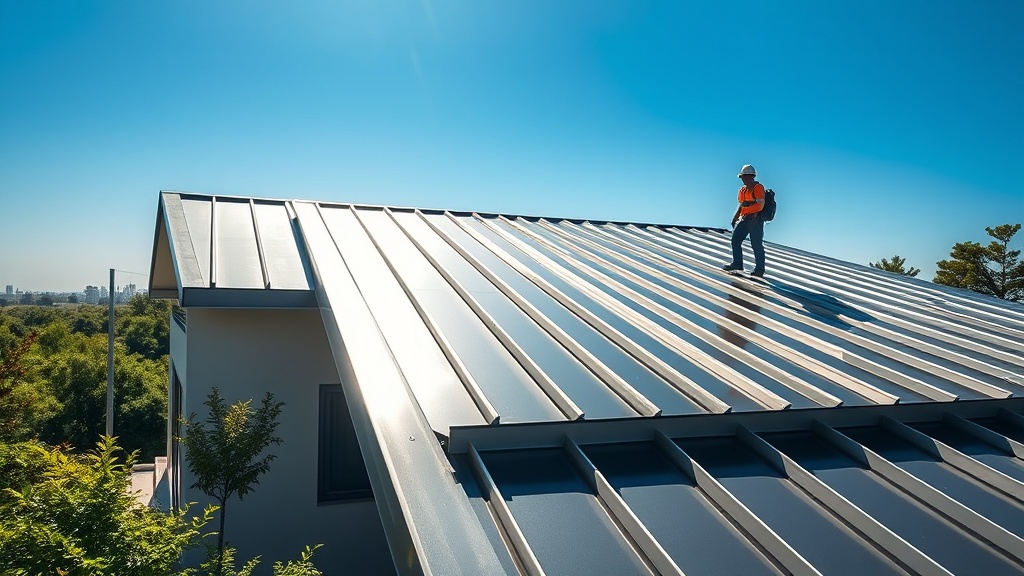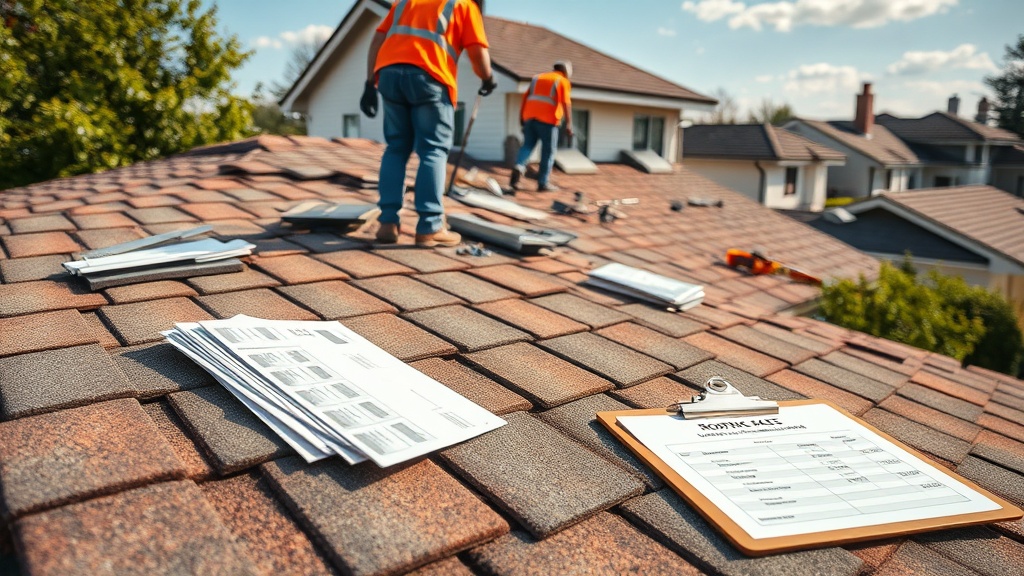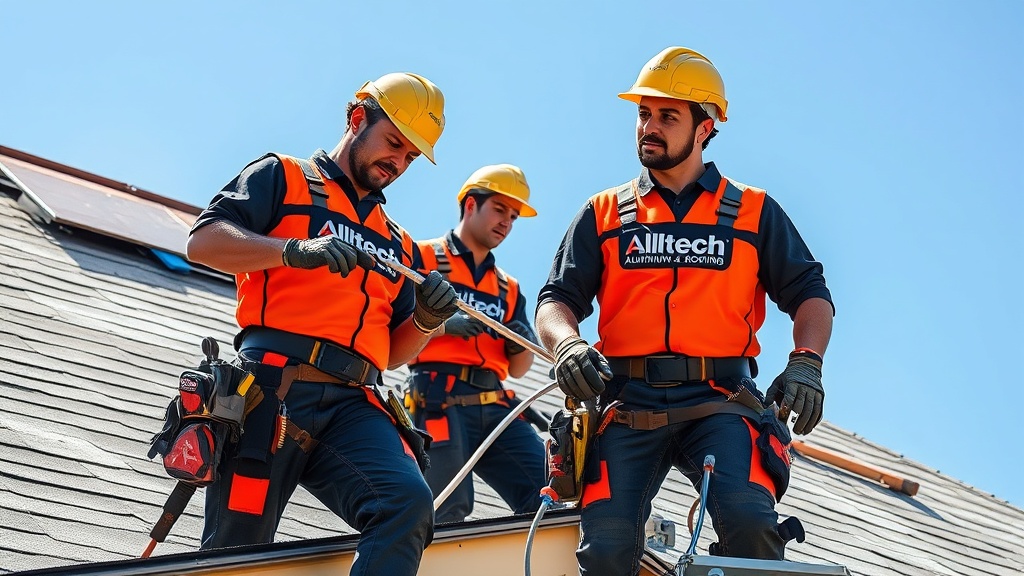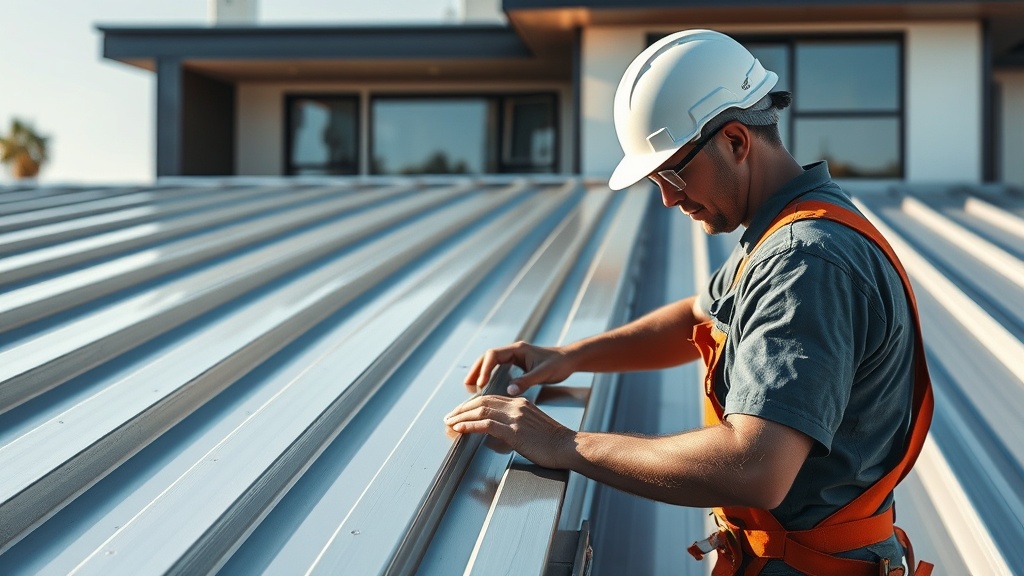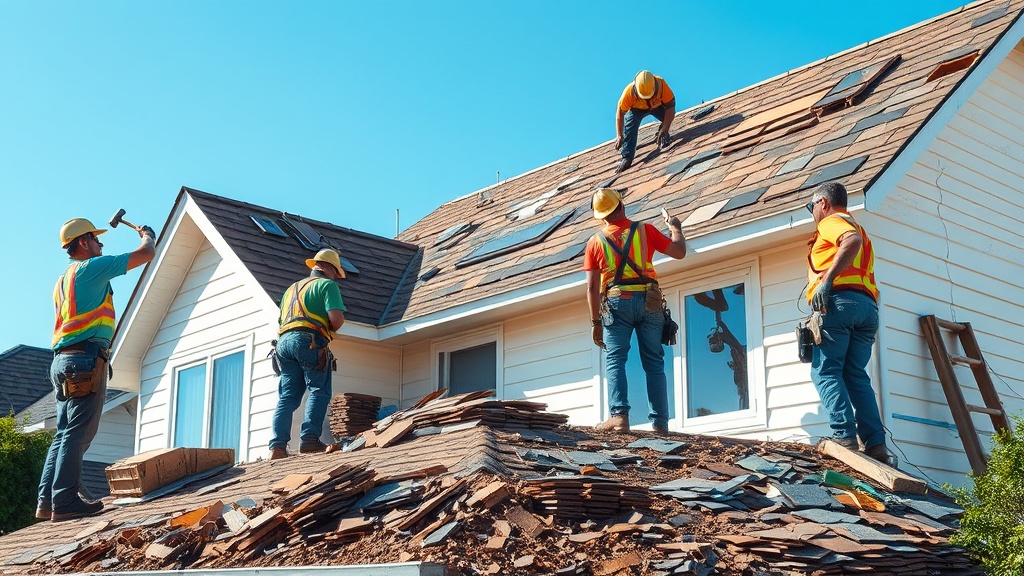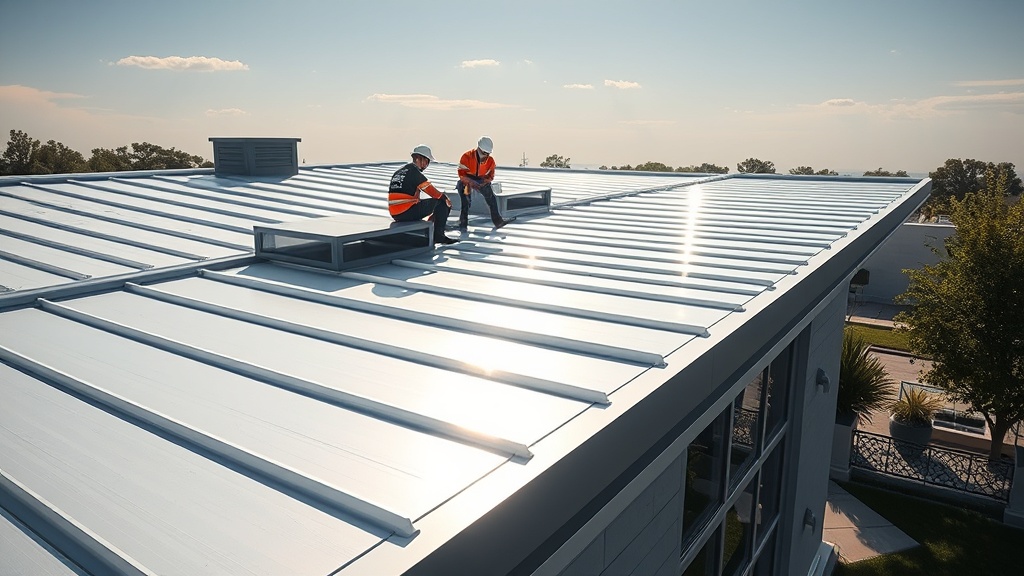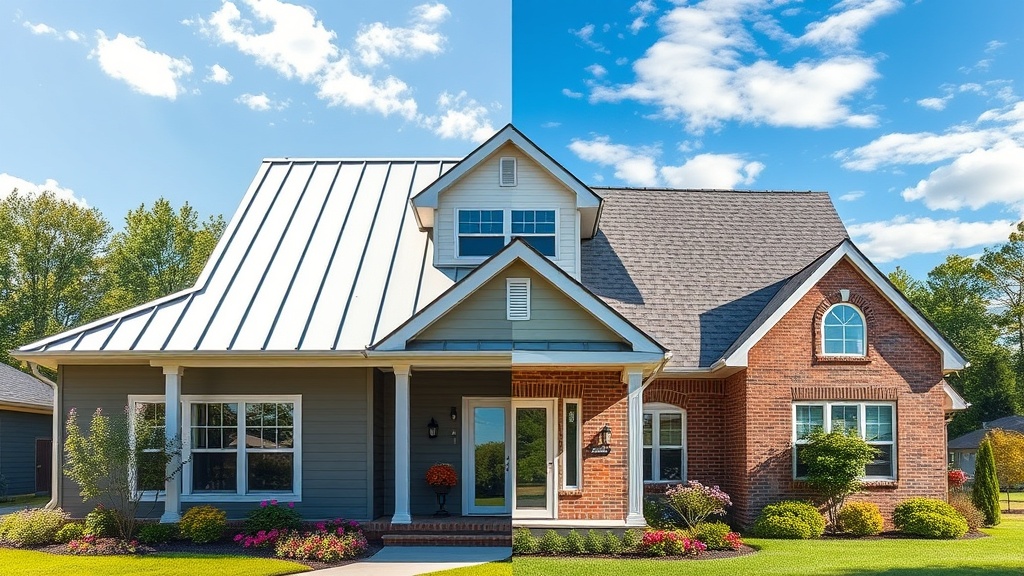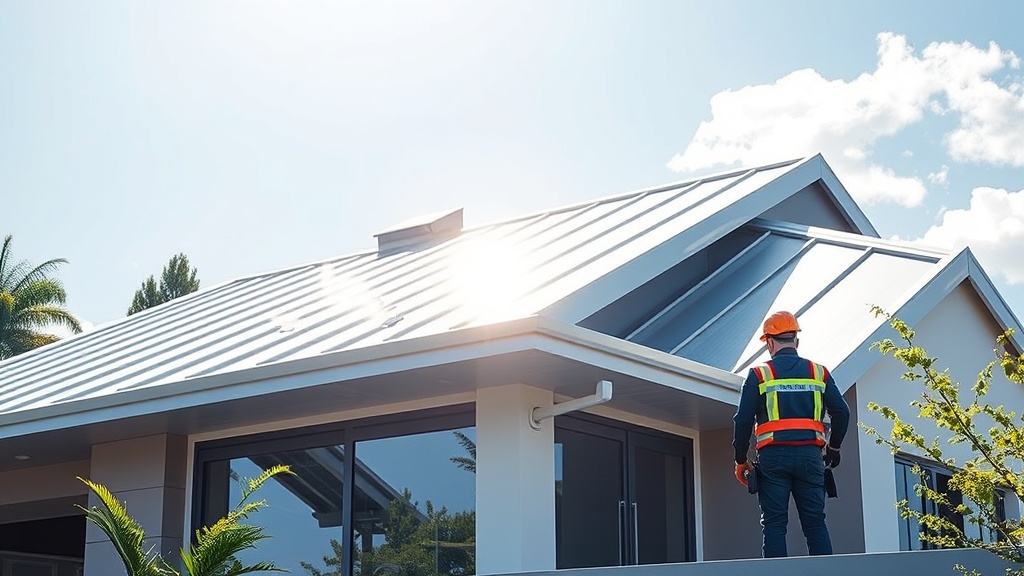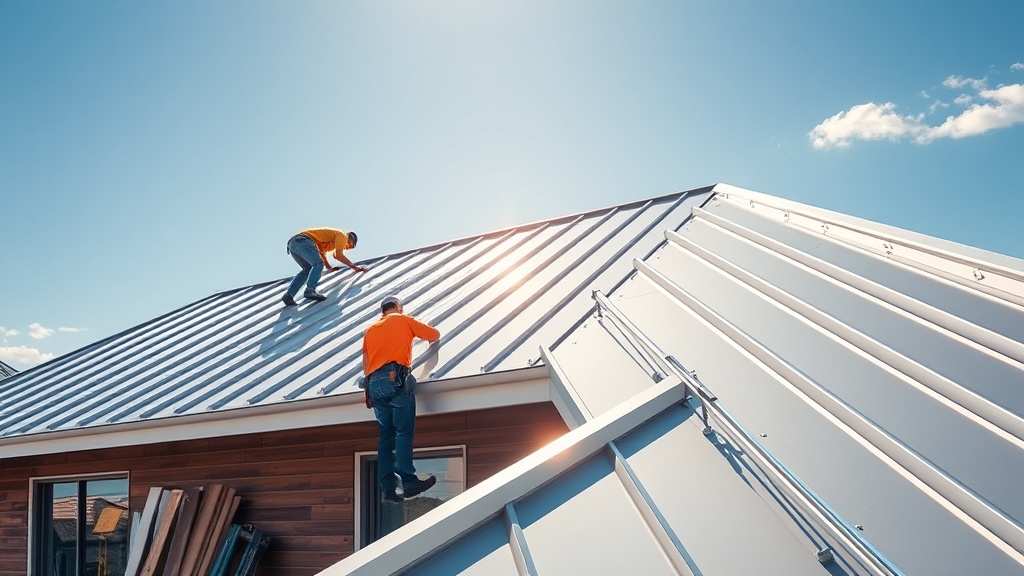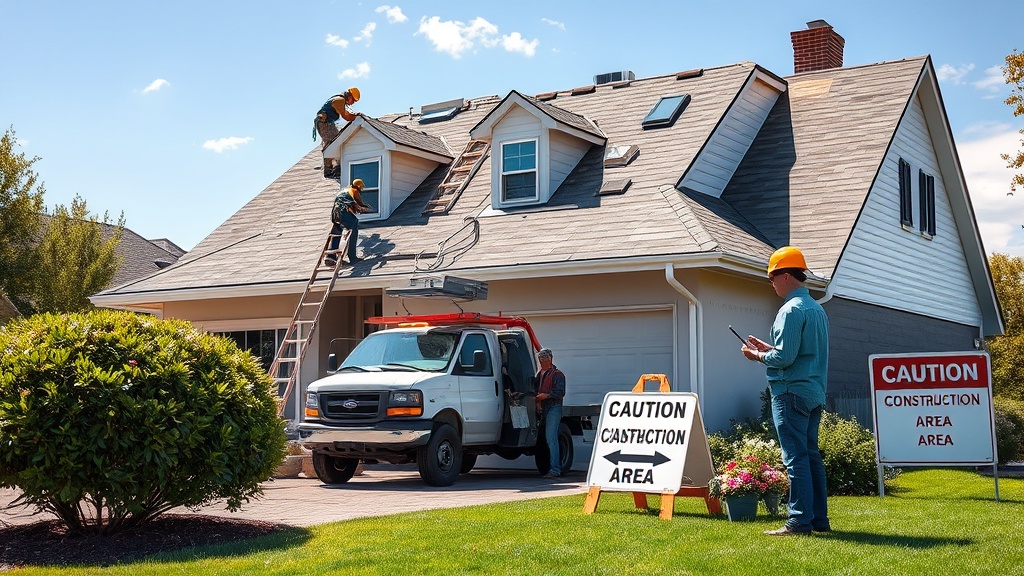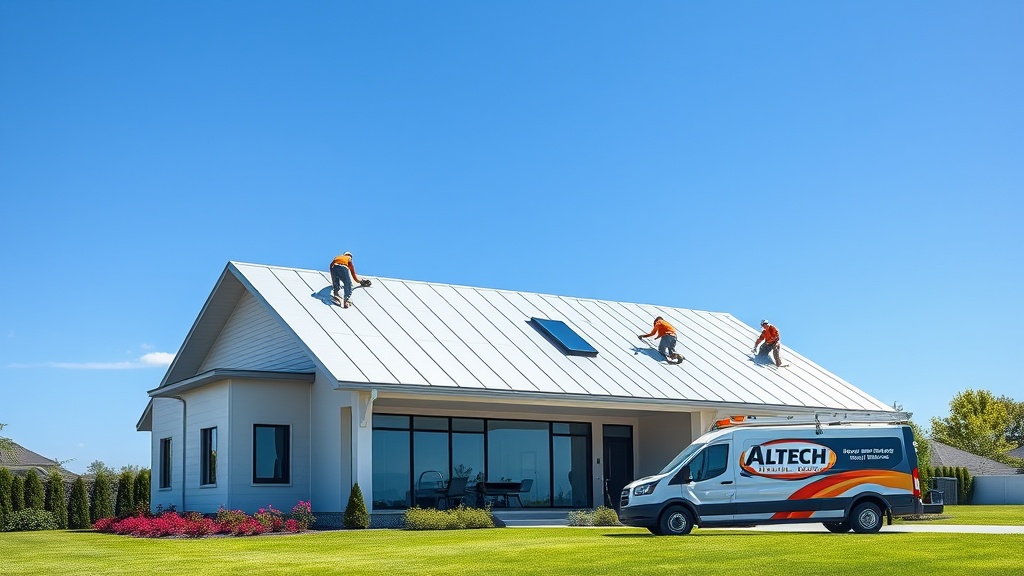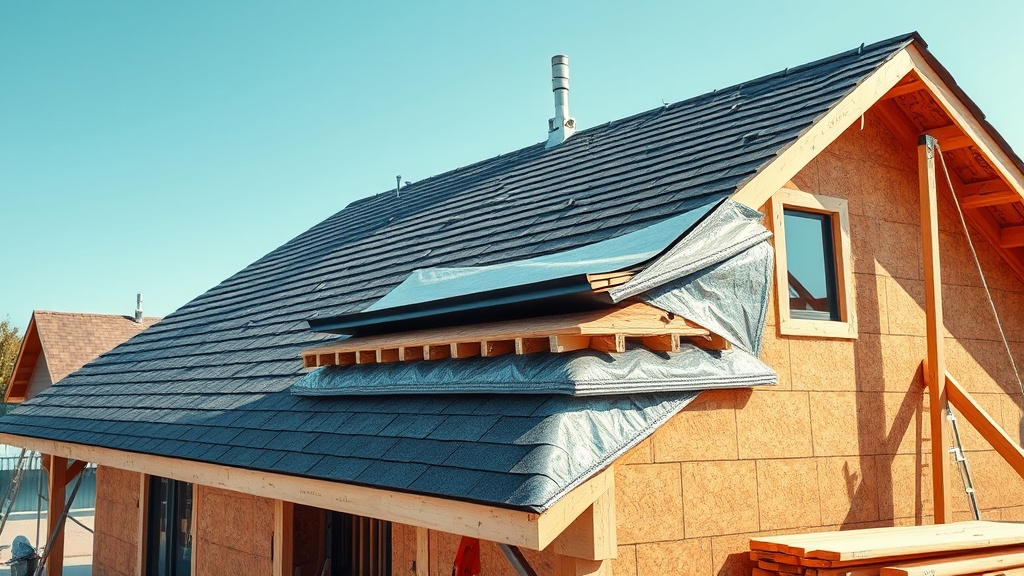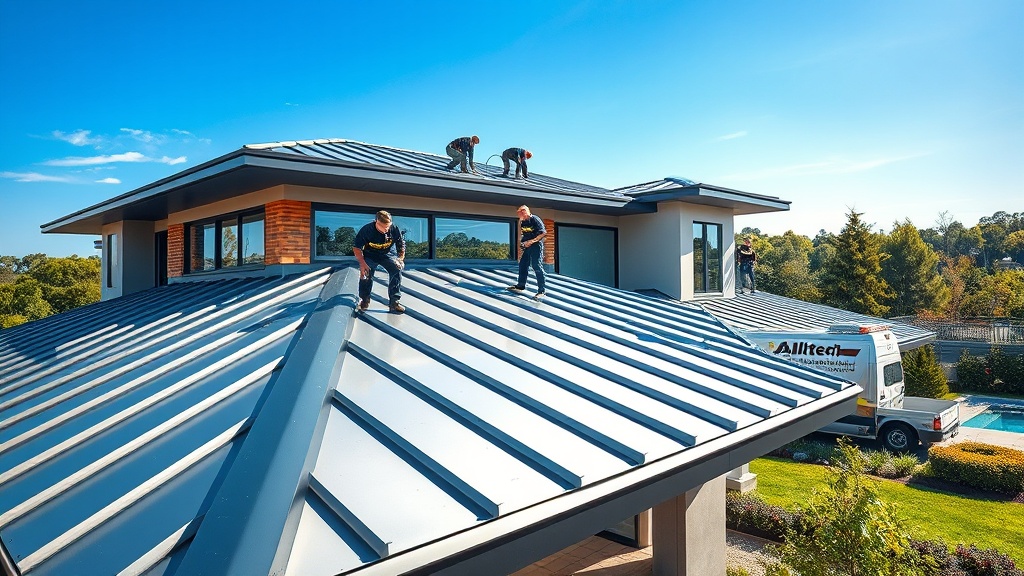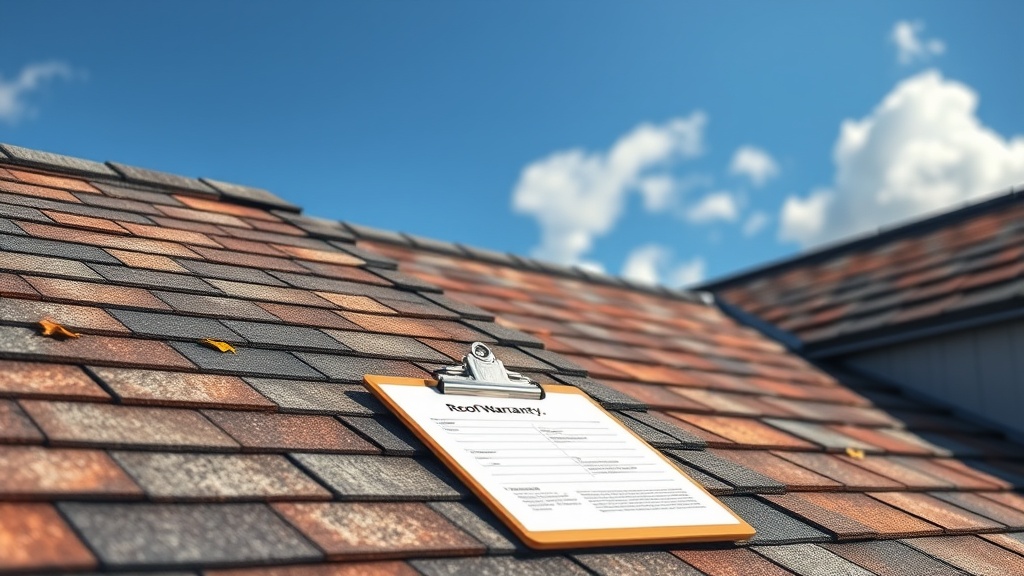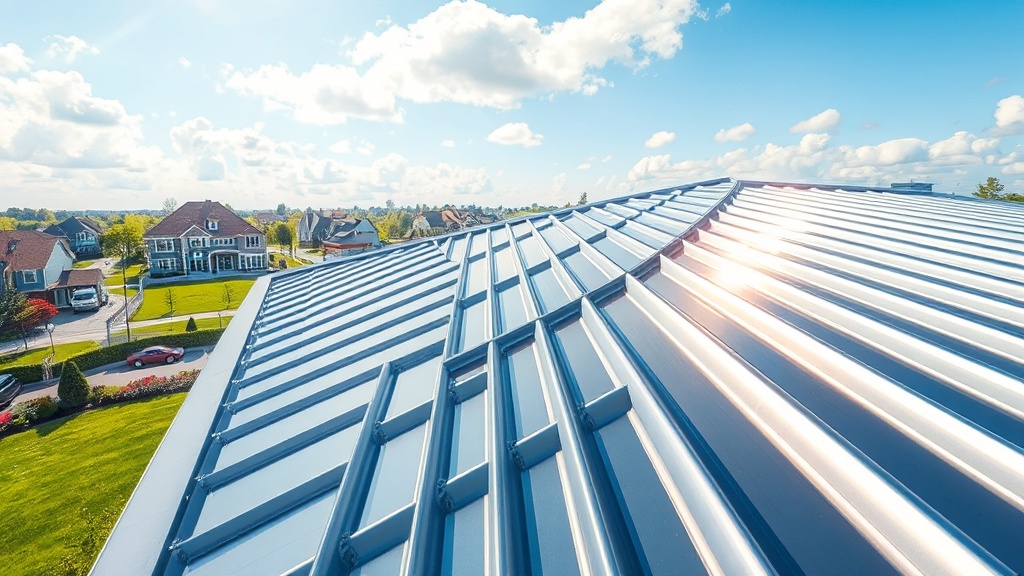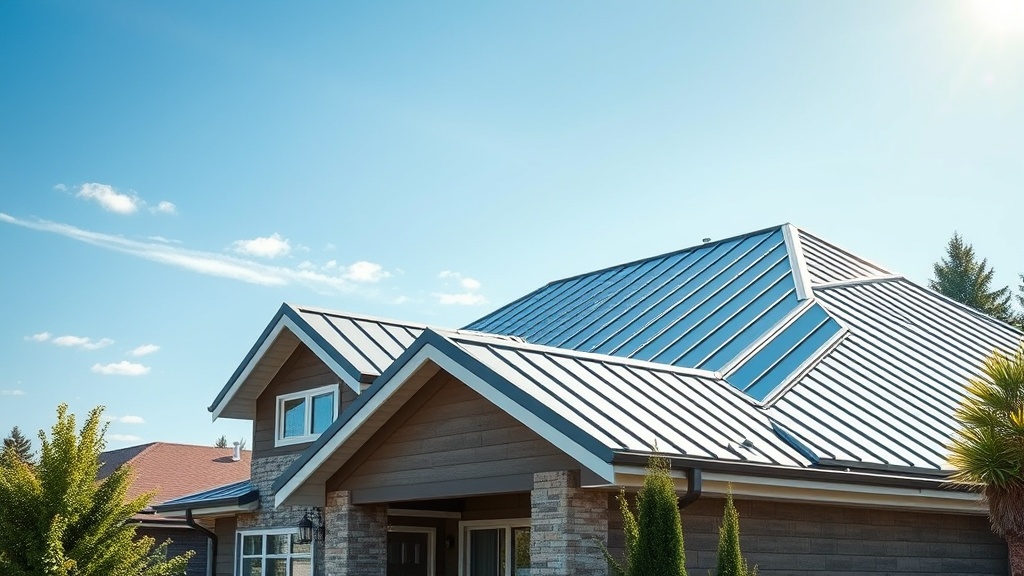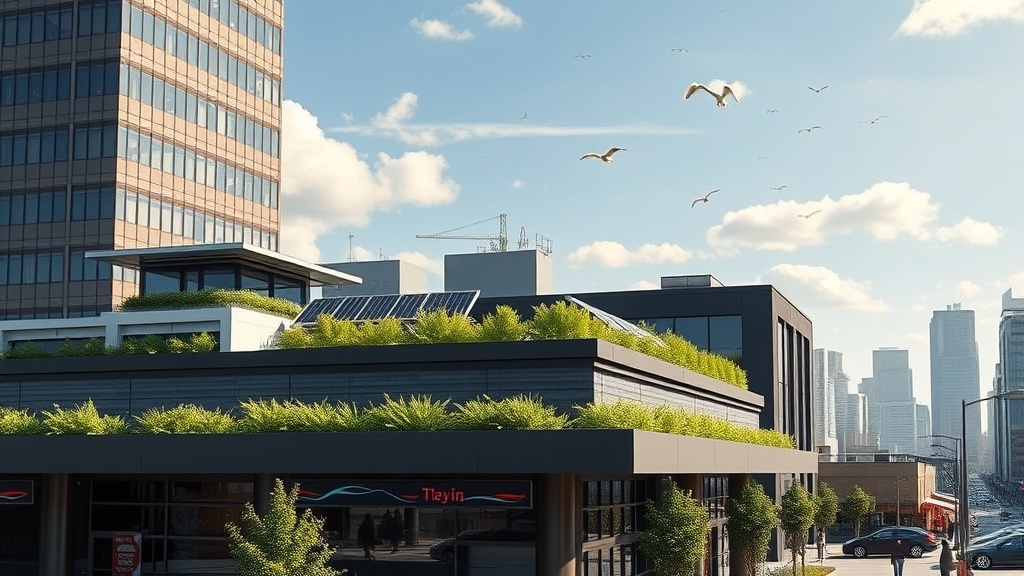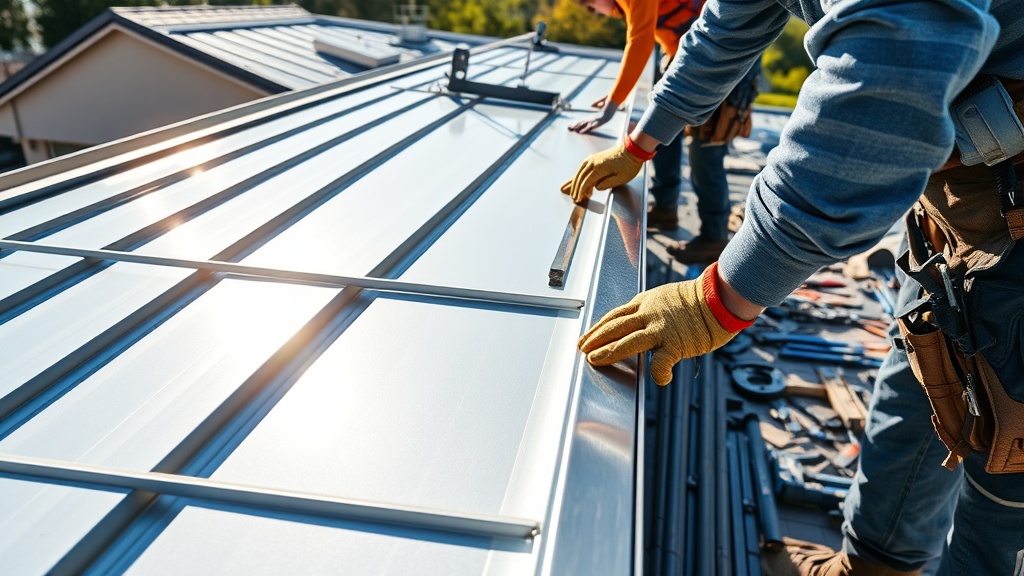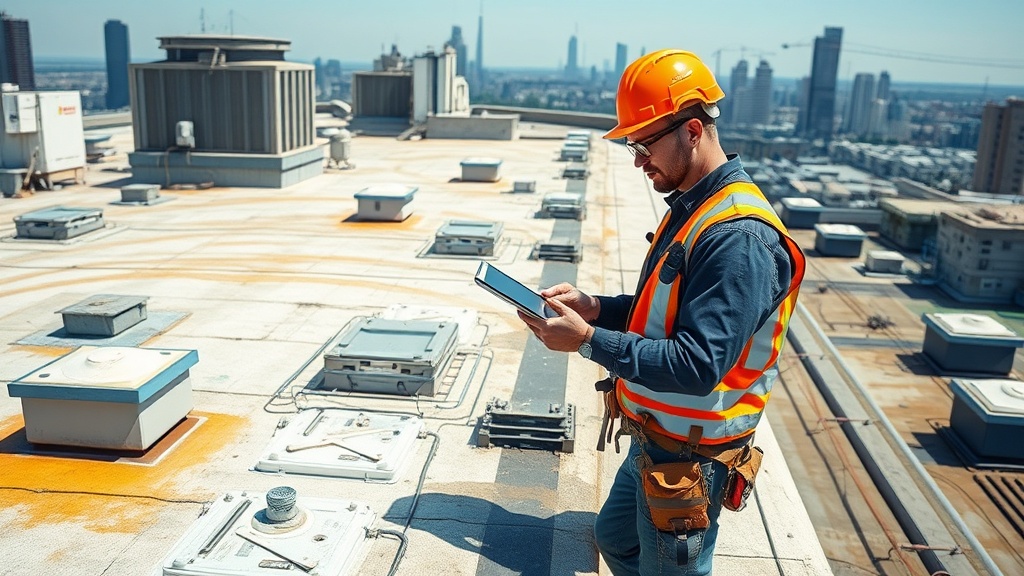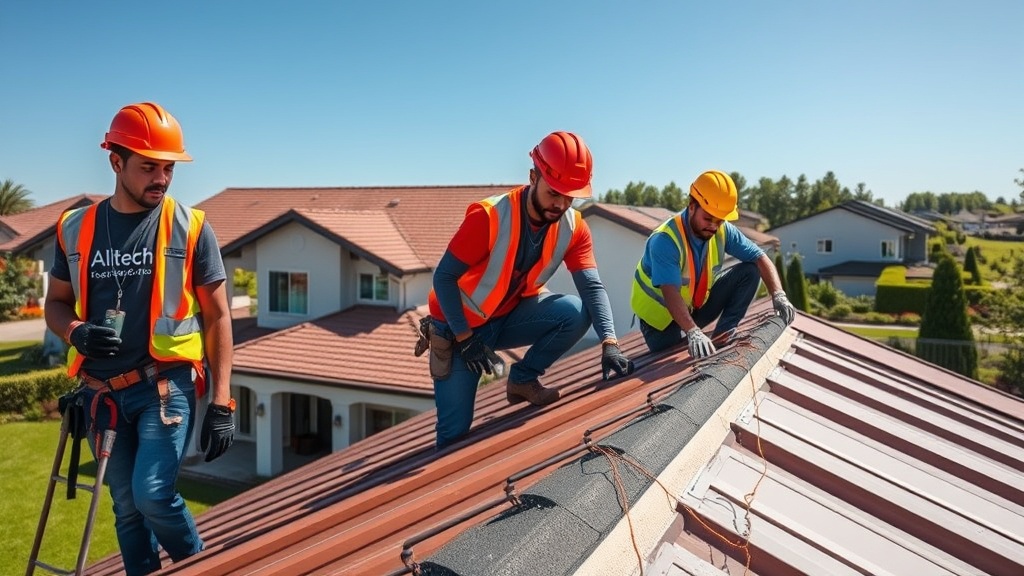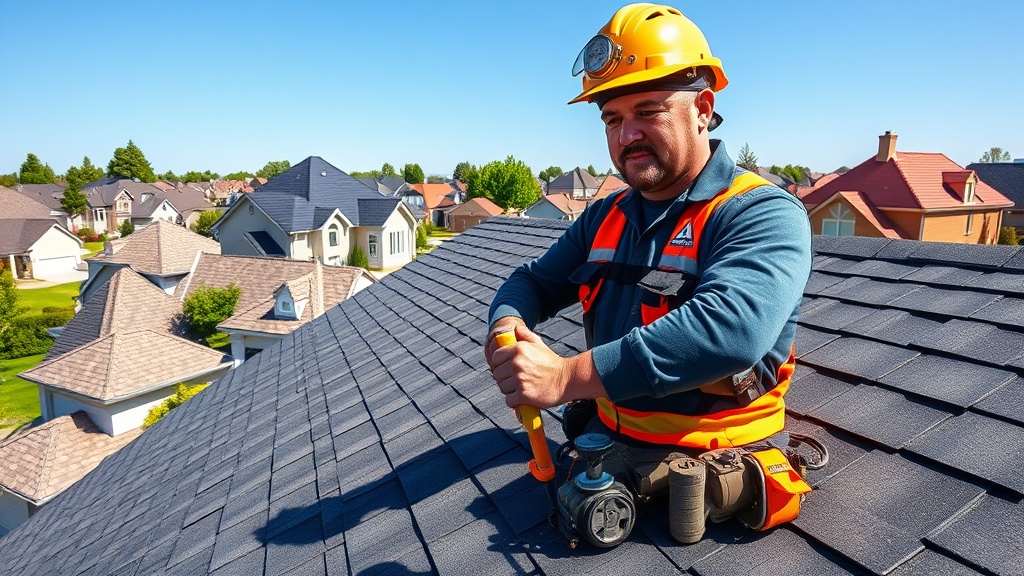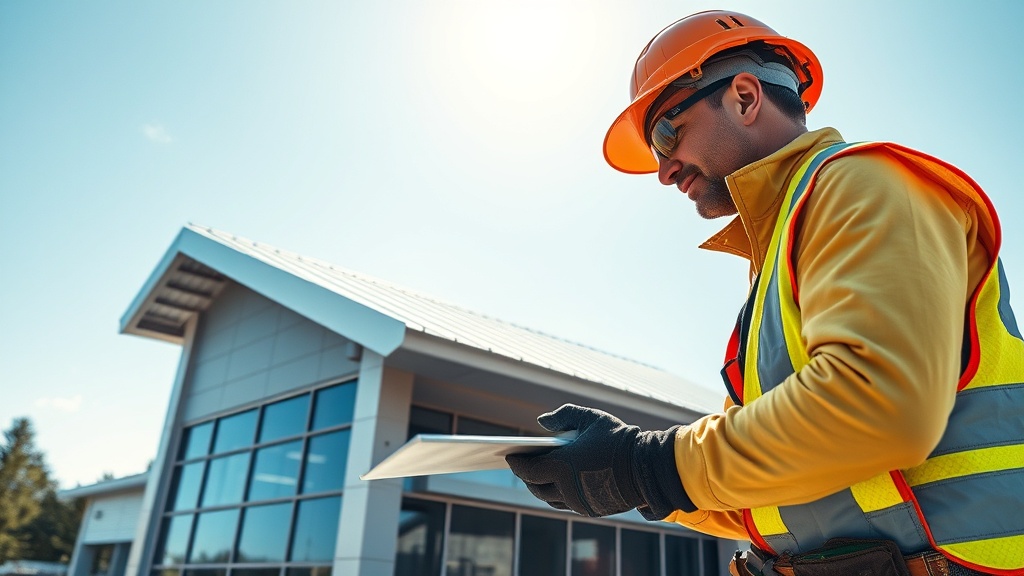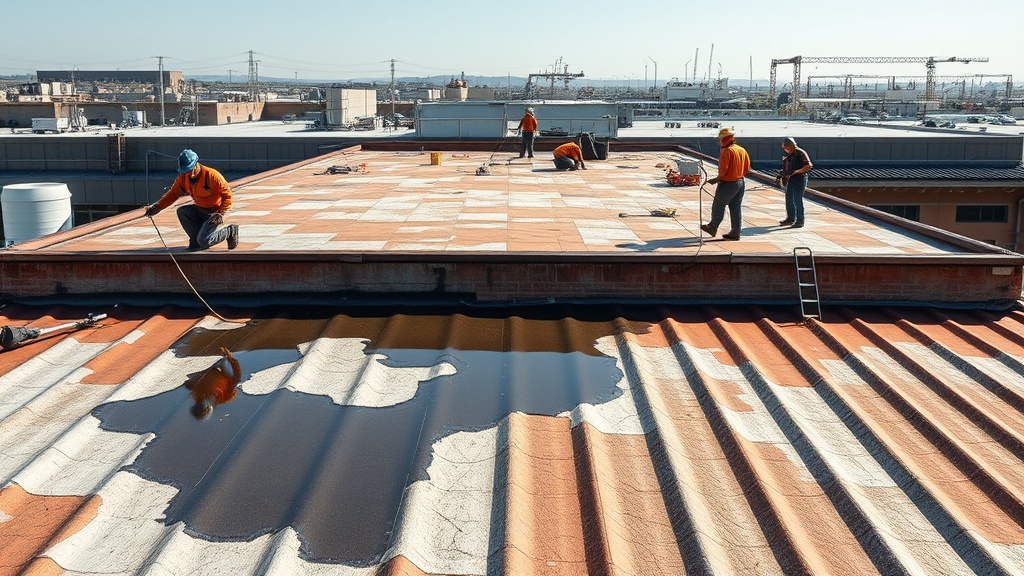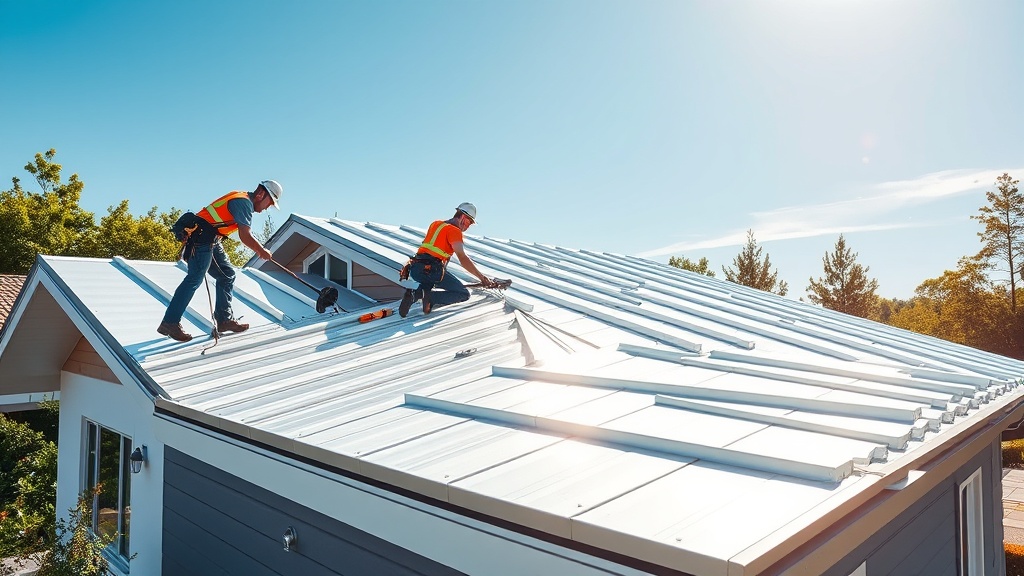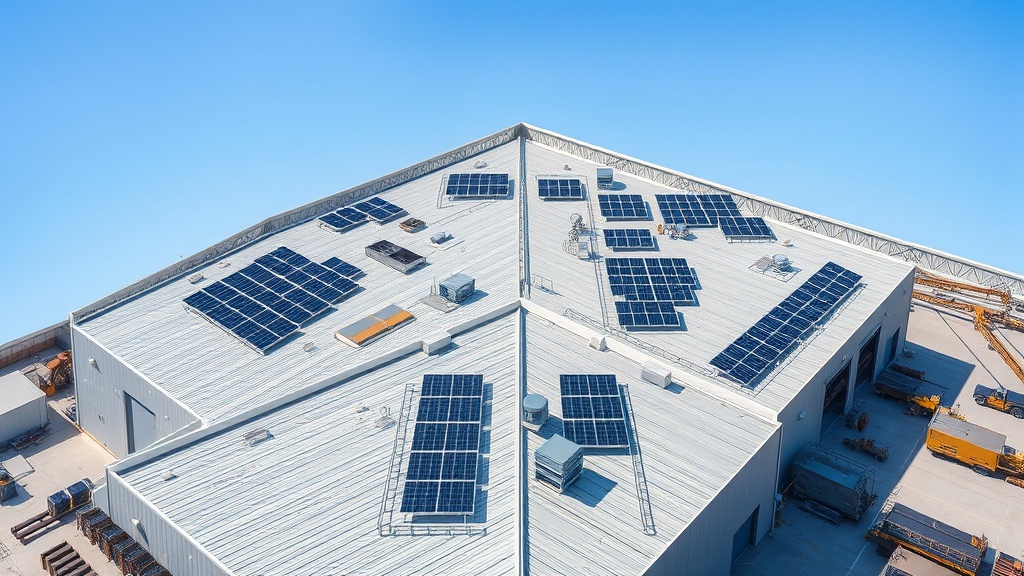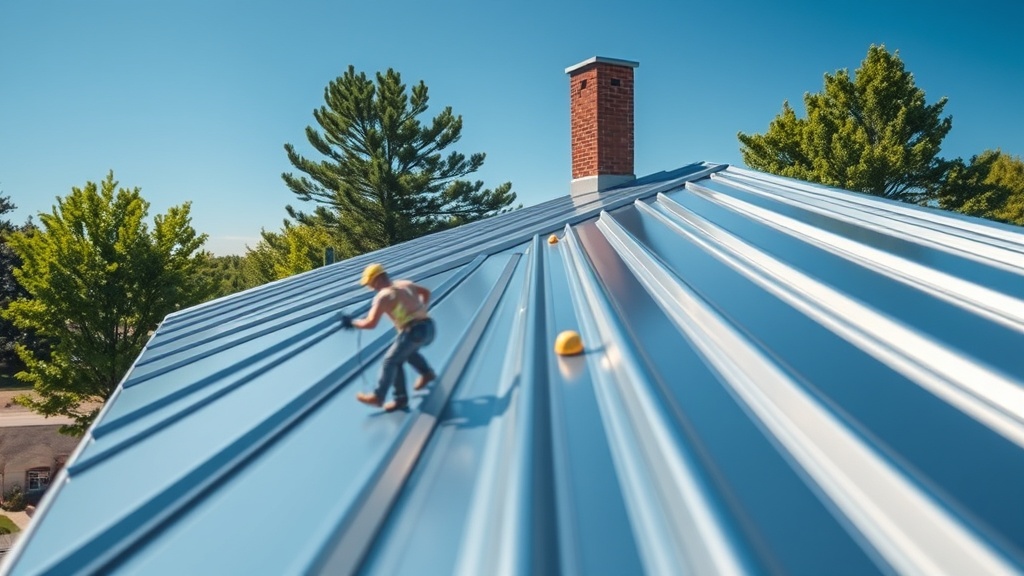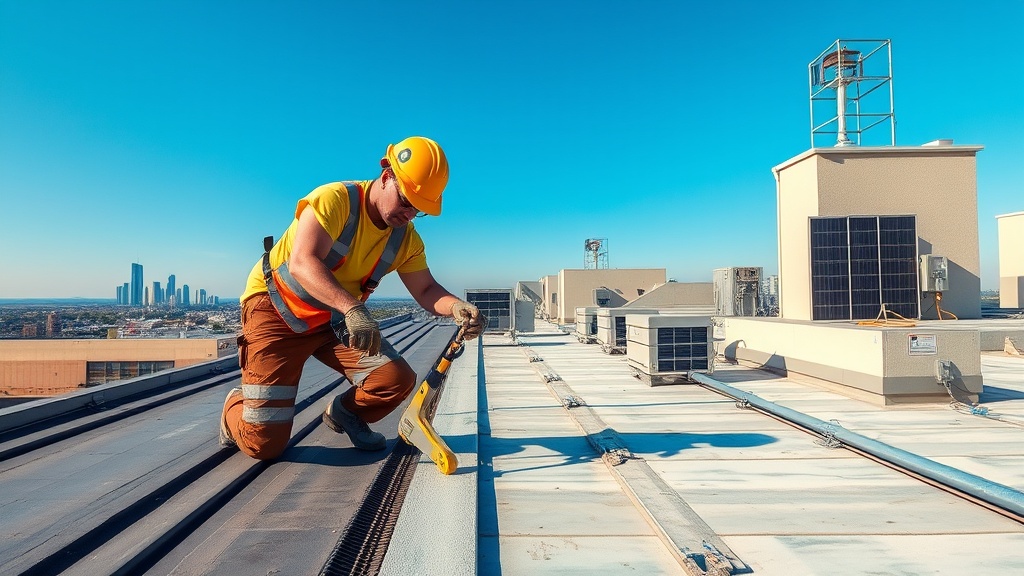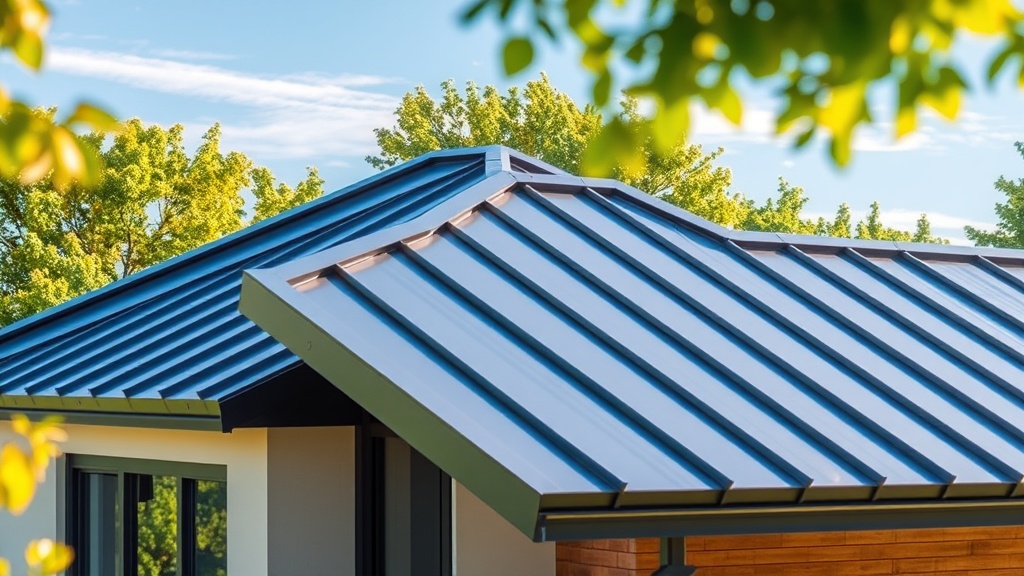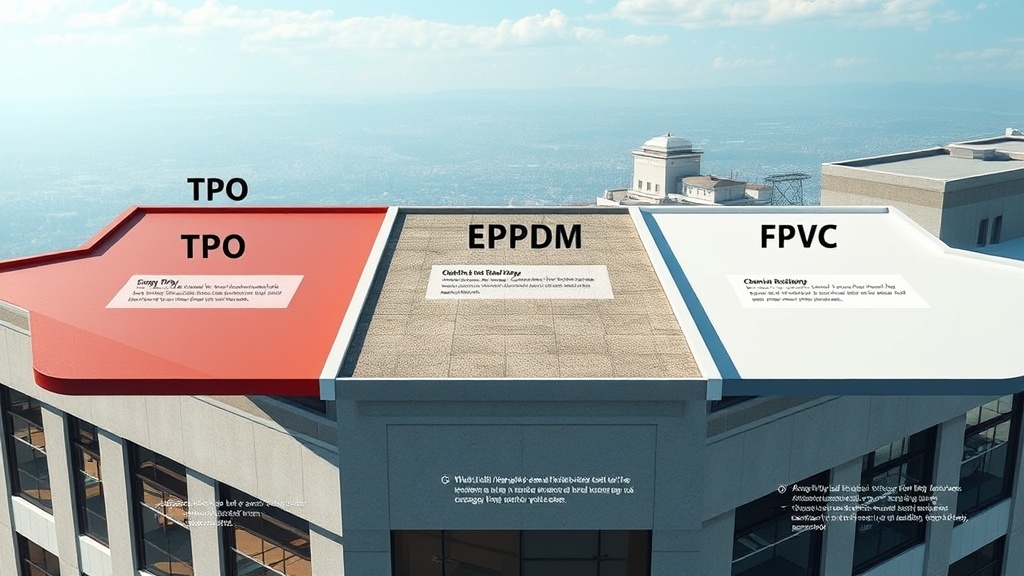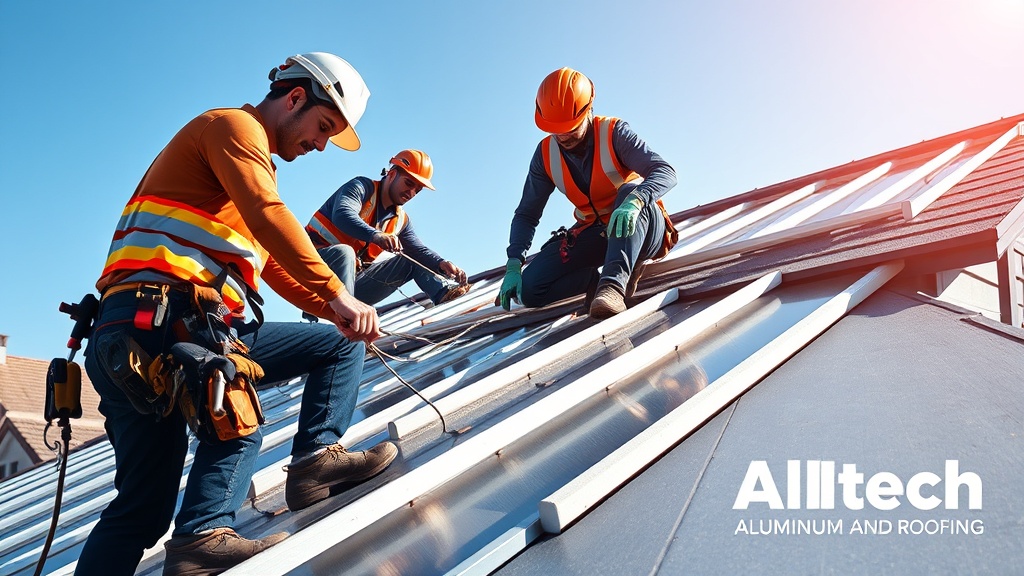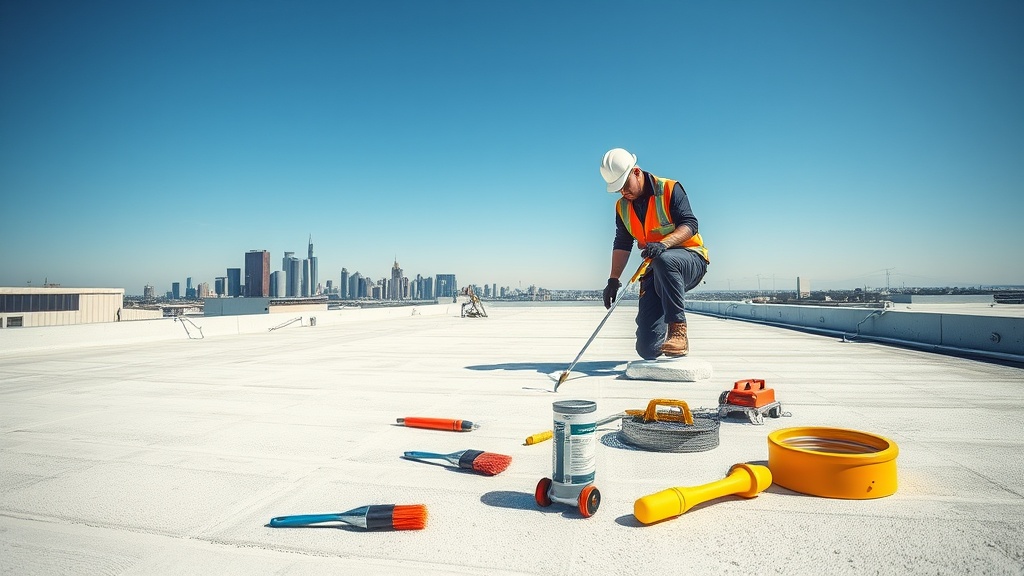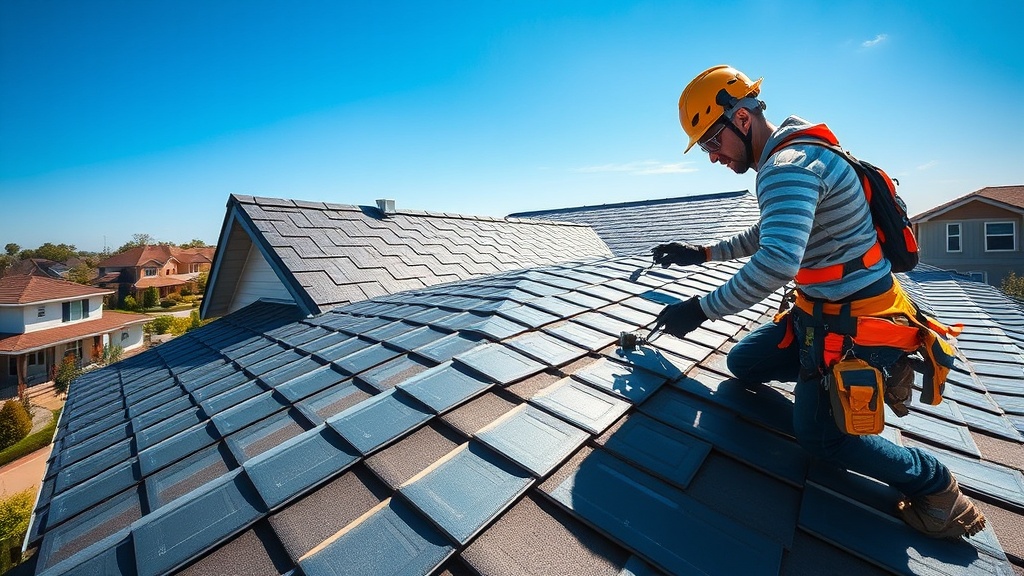Choosing the Right Roofing Contractor: Questions to Ask Before Hiring
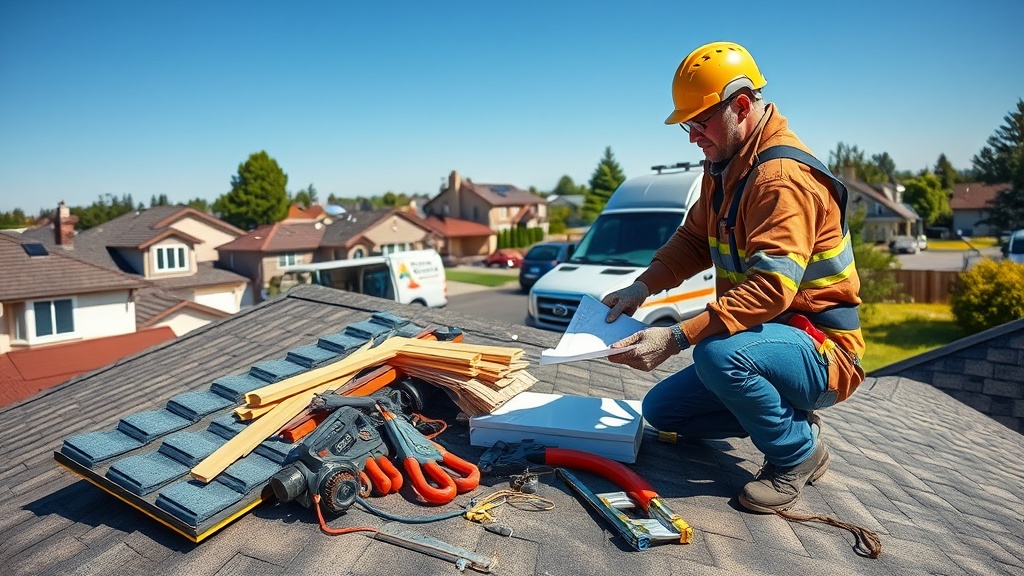
" "
Welcome, dear readers! Whether you're building your dream home or renovating your cozy abode, one crucial element that literally tops it all is your roof. A well-constructed, durable roof is not just a shelter over your head, but a shield against harsh weather, a protector of your possessions, and a contributor to your home's aesthetic appeal. Choosing the right roofing contractor is pivotal to ensuring your roof serves its purpose effectively and efficiently. But, how do you find that perfect fit? Let’s dive into the world of roofing, explore the history, understand current trends, and most importantly, arm ourselves with the right questions to ask before hiring a roofing contractor.
A Brief History of Roofing
Before we talk about modern roofing contractors, let's take a moment to appreciate how far roofing has come. In ancient times, roofs were constructed from whatever materials were available locally. Clay, straw, and even animal skins were commonly used. The Romans were among the first to use tiles, and by the Middle Ages, slate and wooden shingles became popular in Europe.
Fast forward to the 19th century, the Industrial Revolution brought significant changes to roofing materials and techniques. Metal roofs became prominent, and by the 20th century, asphalt shingles had taken the roofing industry by storm, offering an affordable and easy-to-install option.
Today, we have a plethora of materials to choose from, including eco-friendly and energy-efficient options. But regardless of material, the importance of a good contractor has remained constant throughout history.
Why the Right Contractor Matters
Choosing the right contractor is as important as choosing the right roofing material. A reputable contractor ensures quality workmanship, uses quality materials, and stands by their work. Conversely, a poor contractor can lead to substandard work, resulting in leaks, structural damage, and costly repairs down the line.
Consider this: a homeowner in Texas once hired a contractor who offered the lowest bid. They soon discovered that the contractor used subpar materials and didn’t comply with local building codes. Within a year, the roof started leaking, causing damage to the interior of the home. The initial savings turned into a costly nightmare.
Key Questions to Ask
Before hiring a roofing contractor, it’s essential to conduct a thorough interview. Here are the key questions you should ask:
1. Are You Licensed and Insured?
This is non-negotiable. A legitimate roofing contractor should have the appropriate licenses and insurance. Licensing ensures the contractor is knowledgeable about the latest building codes and standards. Insurance, including workers' compensation and liability coverage, protects you from any potential lawsuits or damages.
Real-World Scenario: Imagine a contractor falls off your roof and gets injured. Without insurance, you could be liable for medical expenses. Licensed and insured contractors mitigate such risks, providing peace of mind.
2. Can You Provide References or Examples of Past Work?
A reputable contractor will have a portfolio of completed projects and be happy to provide references. Speaking to past clients gives you insights into the contractor’s reliability, work quality, and customer service.
Real-World Scenario: A homeowner in California requested references from a contractor who hesitated to provide them. Upon further investigation, it turned out that the company had several unresolved complaints. Always do your due diligence.
3. What is Your Experience with My Type of Roof?
Not all roofs are created equal. Some contractors specialize in certain types of roofing materials or styles. Ensure the contractor has experience with the materials and design you’ve chosen for your home.
Real-World Scenario: A homeowner with a vintage home wanted to preserve the historical integrity of their slate roof. They hired a contractor specializing in slate, ensuring not only aesthetic preservation but also structural integrity.
4. What is Your Project Timeline?
Understanding the timeline helps set expectations on both sides. Discuss when the contractor can start the project, estimated completion times, and any potential delays.
Real-World Scenario: A family in Colorado planned a major holiday gathering and needed their roof completed by a specific date. A reliable contractor provided a detailed timeline and met the deadline, ensuring the family could celebrate without worry.
5. What’s Included in Your Estimate?
A detailed estimate should outline all costs, including materials, labor, permits, and cleanup. Be wary of vague or unusually low estimates, as they may lead to unexpected expenses.
Real-World Scenario: A homeowner received two quotes: one significantly lower than the other. The cheaper quote excluded essential elements like disposal fees and permits. Always read the fine print!
6. Do You Offer Warranties?
Warranties are a testament to a contractor’s confidence in their work. Ask about workmanship warranties and manufacturer warranties on materials.
Real-World Scenario: An unexpected storm damaged a new roof in Florida. The contractor’s warranty covered the repairs, saving the homeowner thousands of dollars. A good warranty is worth its weight in gold.
7. How Do You Ensure Safety on the Job?
Roofing can be a dangerous job. A responsible contractor will have a robust safety plan and adhere to Occupational Safety and Health Administration (OSHA) guidelines.
Real-World Scenario: During a roofing project in New York, a contractor’s neglect of safety measures resulted in an accident. Ensuring your contractor prioritizes safety can prevent such unfortunate incidents.
Current Trends in Roofing
The roofing industry is not immune to trends. Here are a few current ones:
Sustainable Roofing
With increasing awareness of environmental issues, many homeowners are opting for sustainable roofing solutions. Materials like recycled shingles, green roofs, and reflective coatings not only reduce carbon footprints but also save on energy costs.
Smart Roof Technology
Technology is transforming the roofing industry. Smart roofs equipped with sensors can detect leaks or other issues, sending alerts to homeowners before problems escalate.
Cool Roofs
Cool roofs reflect more sunlight and absorb less heat, keeping homes cooler in summer. This trend is particularly popular in warmer climates and is often encouraged by local building codes.
Customization and Aesthetics
Homeowners are increasingly looking for unique roofing options that enhance curb appeal. Custom colors, patterns, and materials like metal and clay tiles are gaining popularity.
Future Implications
As technology and environmental consciousness continue to evolve, the roofing industry will likely see even more innovative changes:
- Advanced Materials: Expect to see more durable, lightweight, and eco-friendly materials.
- Integration with Renewable Energy: Solar roofing is becoming more accessible and efficient, merging energy solutions with roof structures.
- Increased Automation: Drones for inspections and automated installation processes could become standard practice.
Conclusion
Choosing the right roofing contractor is a decision that requires careful consideration and thorough research. By asking the right questions and understanding the industry landscape, you can make an informed choice that ensures your roof is not just a functional necessity but a valuable asset to your home.
Remember, while price is important, it shouldn’t be the sole factor driving your decision. Quality workmanship, experience, and reliability are invaluable. Invest in a contractor who stands by their work, prioritizes safety, and respects your home as if it were their own.
Your home deserves the best, and with the right contractor, your roof will stand strong for years to come. Happy roofing!

